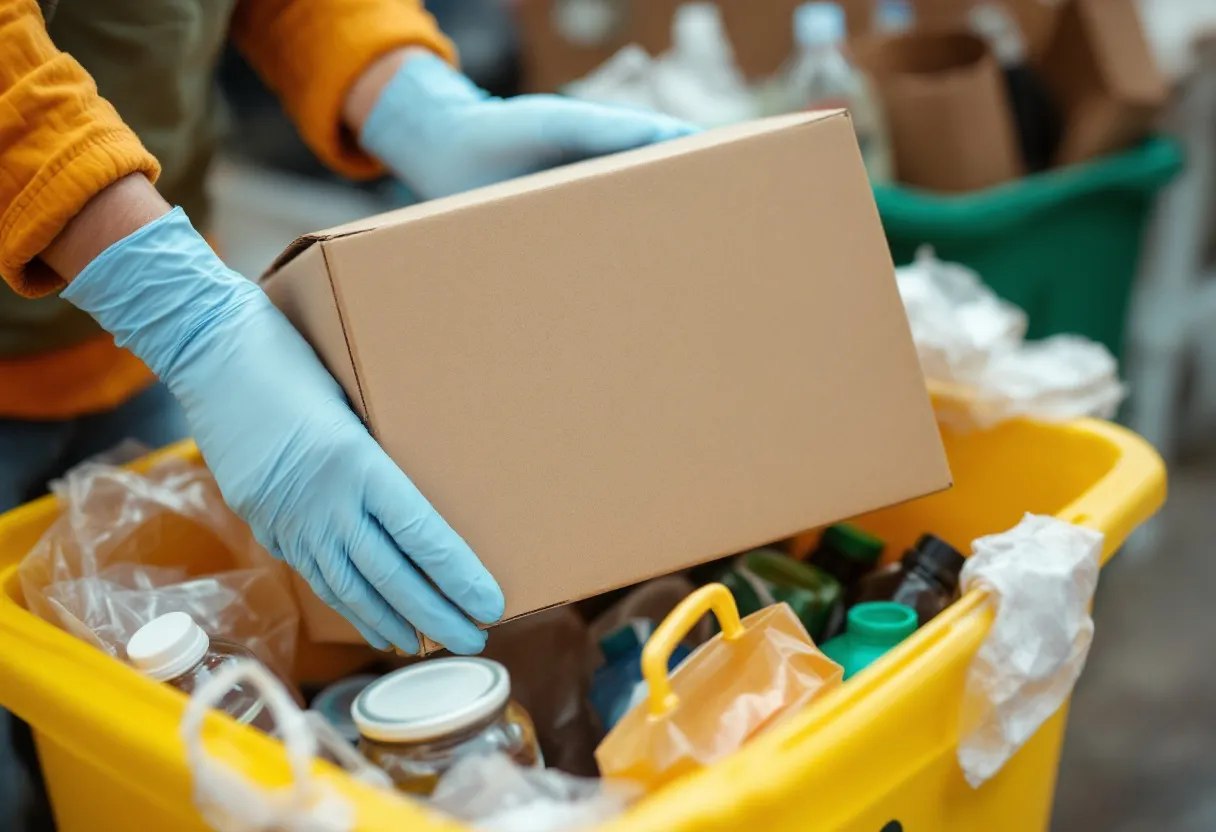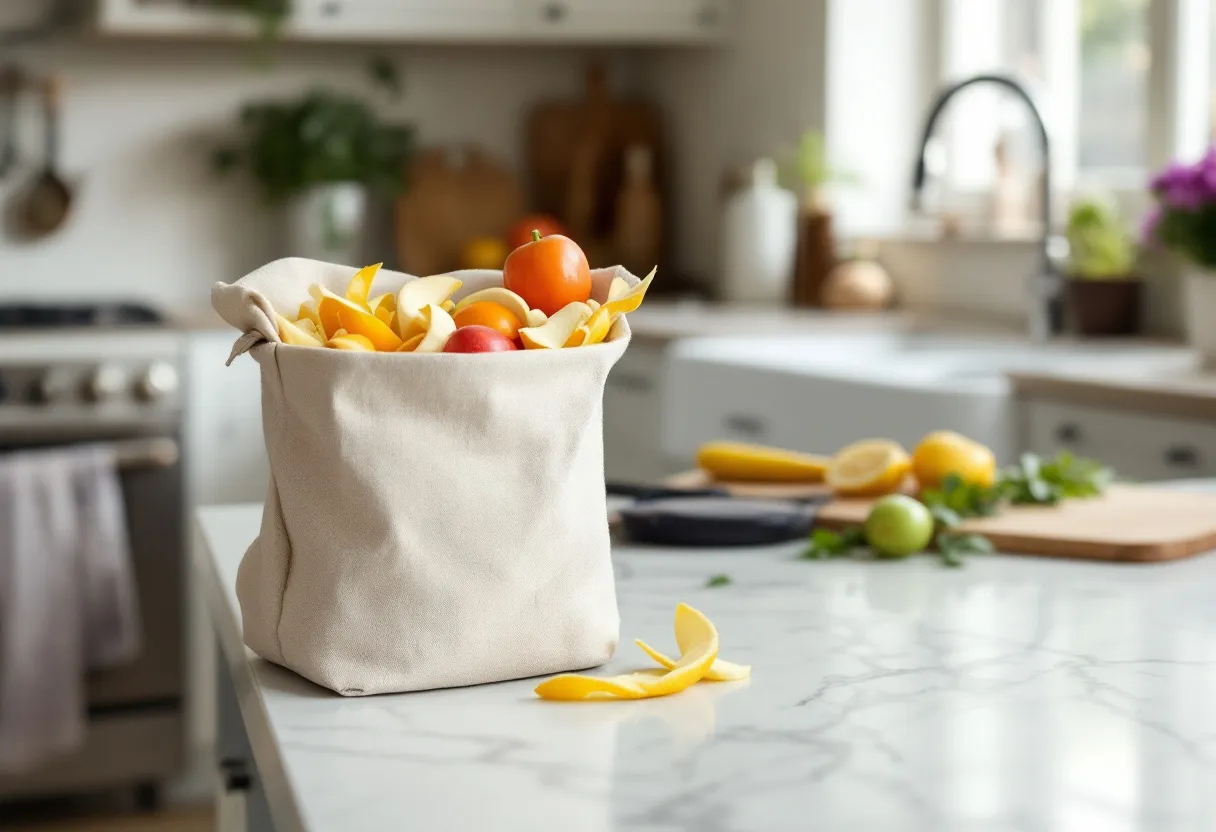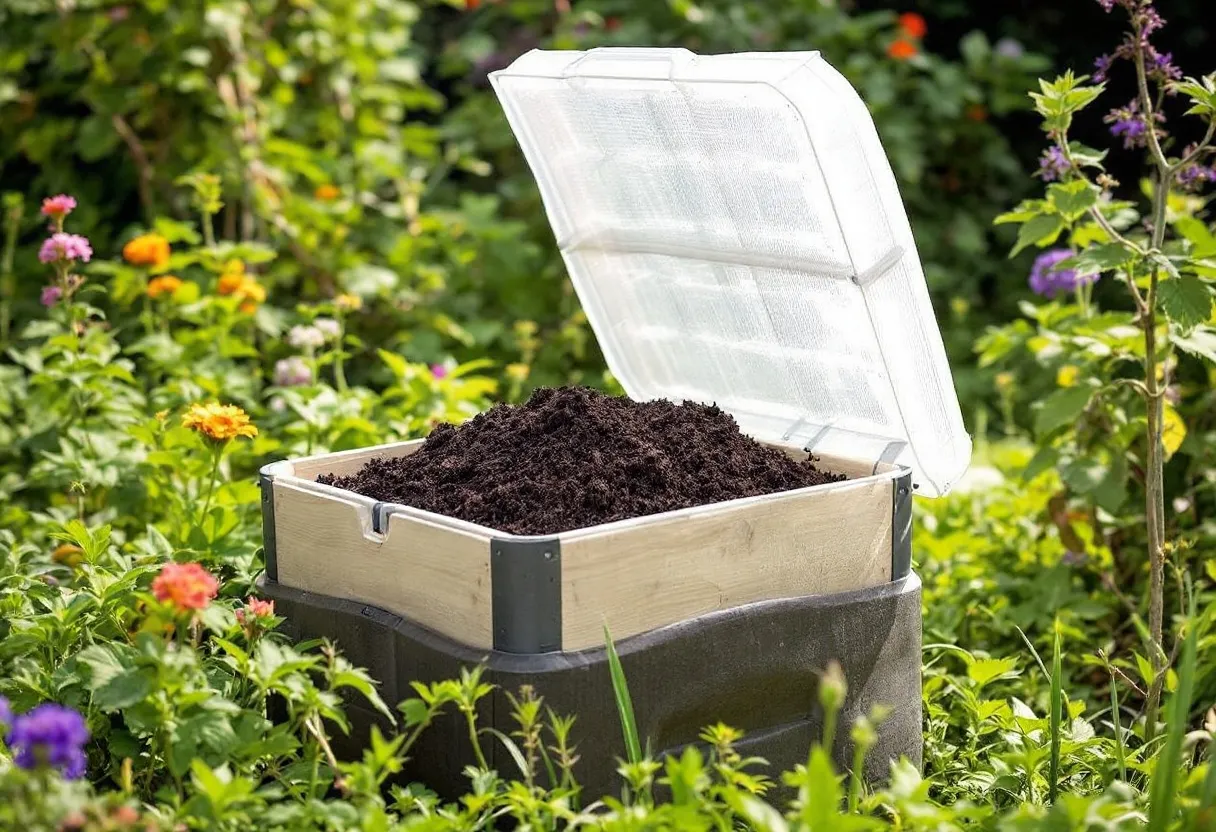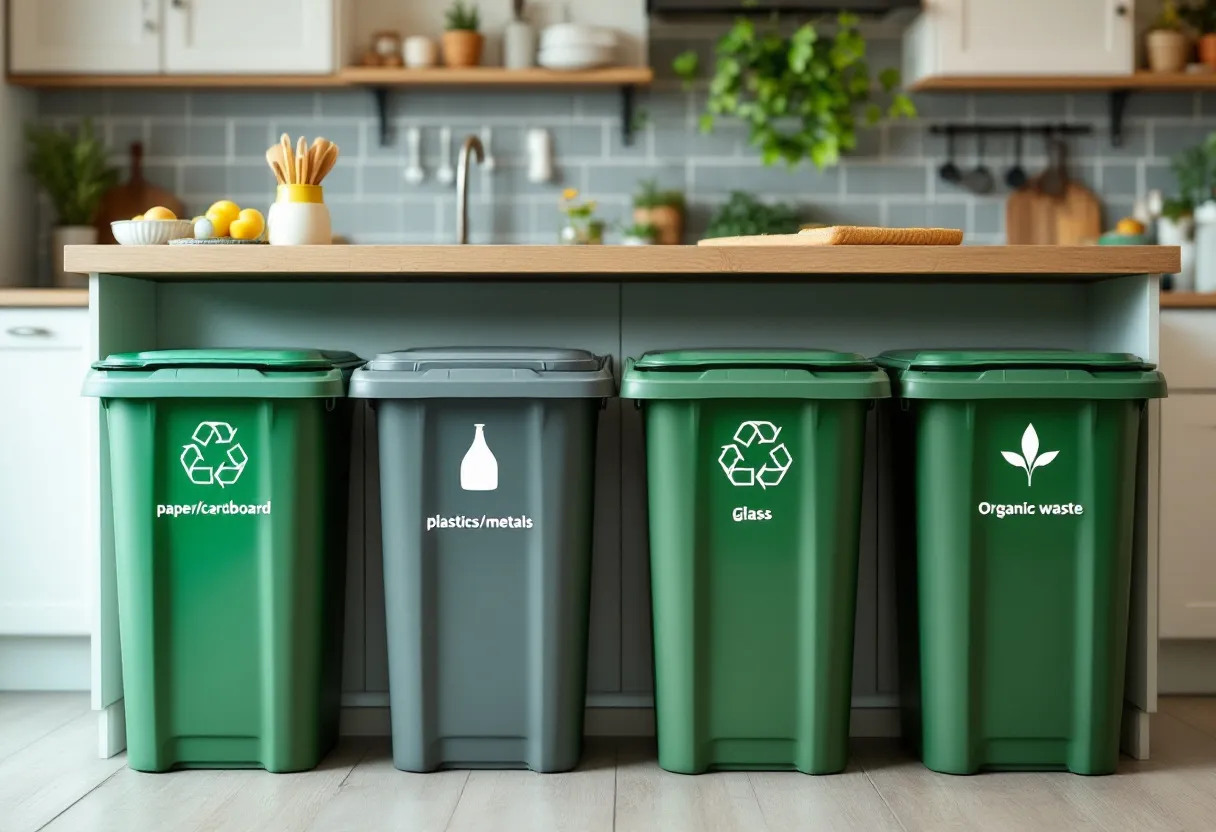Bonjour, mes amis! Lise Dubois here, and if there’s one thing I’m passionate about, besides a good glass of Cotes du Rhone, it’s ensuring our beautiful France stays, well, beautiful. As someone who’s spent years knee-deep (metaphorically, of course!) in waste management with the CNRS and local municipalities, I’ve seen firsthand the impact of proper, and improper, recycling. So, let’s talk trash, shall we? But in a good way!
Why Bother Sorting? It’s the Law, Oui!
Let’s be frank. Since January 1, 2024, sorting your waste isn’t just a good deed, it’s the law. France is serious about reducing landfill waste and boosting recycling rates. And honestly, it’s about time! The goal is simple: less waste, more resources, and a greener future for everyone. Think of it as your civic duty, but with potentially less paperwork and definitely less bureaucracy. Plus, contributing to a better planet is a pretty good feeling, isn’t it?
The Four Musketeers of Recycling: Paper, Plastic, Glass, and Organic
The core of French waste sorting revolves around four main categories. Get these right, and you’re already ahead of the game.
The Yellow Bin: Packaging’s Paradise

Ah, the famous *bac jaune*! This is where most of your packaging goes to retire. We’re talking cardboard boxes (flattened, please!), plastic bottles, metal cans, and even those tetrabriks that hold your *jus d’orange*. Basically, anything that contained something you bought at the supermarket likely belongs in the yellow bin. And yes, even though it feels counterintuitive, in France, *all* packaging goes in here – no need to rinse!
The Green Bin: Glass Only, S’il Vous Plait
Green for glass, *naturellement*! Bottles, jars, and anything made of glass goes into the green bin. Remove the lids, but don’t worry about rinsing. Just make sure it’s glass and not, say, a ceramic vase you accidentally broke (been there!).
The Brown or Grey Bin: Everything Else (But Really, Try to Reduce It)
This is your general waste bin. The stuff that can’t be recycled. But let’s try to keep this one as empty as possible, *d’accord*? Think of it as a challenge! Less in this bin means you’re doing a better job at reducing and recycling overall. We really don’t need to throw as much stuff away as we do.
The New Kid on the Block: Organic Waste

Here’s where things get interesting, and where I see many people getting confused. As of January 1st, 2024, all households are *supposed* to be sorting their organic waste. This includes food scraps, coffee grounds, tea bags, fruit and vegetable peelings – basically anything that rots. Now, how you handle this depends on where you live. Some municipalities provide special bins for collection, others encourage composting, and some have communal composting sites. Check with your local *mairie* to find out the specifics. Don’t worry, it’s not as complicated as it sounds. I was a bit overwhelmed at first too, if I’m honest. But once you get into the habit, it’s quite simple!
Common Mistakes (and How to Avoid Them)
Okay, let’s address some common recycling faux pas. We all make mistakes, *n’est-ce pas*? The important thing is to learn from them.
- Mixing up Plastics: Not all plastics are created equal. The yellow bin is generally for plastic bottles and containers. Things like plastic film, yogurt pots, and polystyrene usually go in the general waste bin.
- Leaving Food in Packaging: While rinsing isn’t required for most recyclables in France, try to remove as much food residue as possible. A quick scrape is usually enough. Nobody wants a stinky recycling bin!
- Putting the Wrong Things in the Organic Waste Bin: No meat, fish, or dairy products in the compost, unless your municipality specifically allows it. These can attract pests and create unpleasant odors.
- Ignoring Local Rules: Recycling rules can vary slightly from town to town. Always check with your local *mairie* for the most up-to-date information.
Composting: The Ultimate Recycling Hack

If you have a garden (or even a balcony!), composting is a fantastic way to deal with organic waste. It’s basically turning your food scraps into nutrient-rich soil for your plants. Plus, it reduces the amount of waste going to landfill, which is a win-win! There are tons of resources online to help you get started, and it’s honestly quite rewarding to see your waste transformed into something useful. My tomatoes have never been happier!
Beyond the Bins: Reducing Waste in the First Place
Recycling is great, but reducing waste is even better. Here are a few simple things you can do to minimize your environmental footprint:
- Buy in Bulk: Less packaging means less waste.
- Use Reusable Bags: Ditch the plastic bags at the supermarket.
- Say No to Single-Use Plastics: Bring your own water bottle and coffee cup.
- Repair, Don’t Replace: Before buying something new, see if you can fix what you already have.
A Little Effort, A Big Impact
Sorting your waste might seem like a small thing, but it makes a huge difference. By taking a few extra minutes each day to recycle properly, you’re contributing to a cleaner, greener, and more sustainable future for France. And that, my friends, is something to be proud of. *Allez, on y va!* Let’s get sorting!
